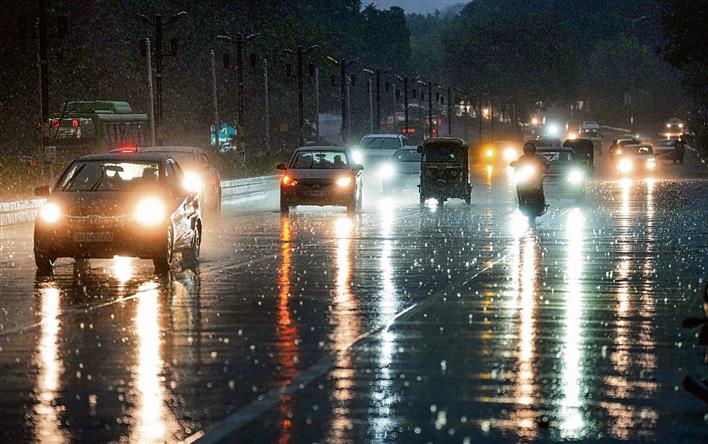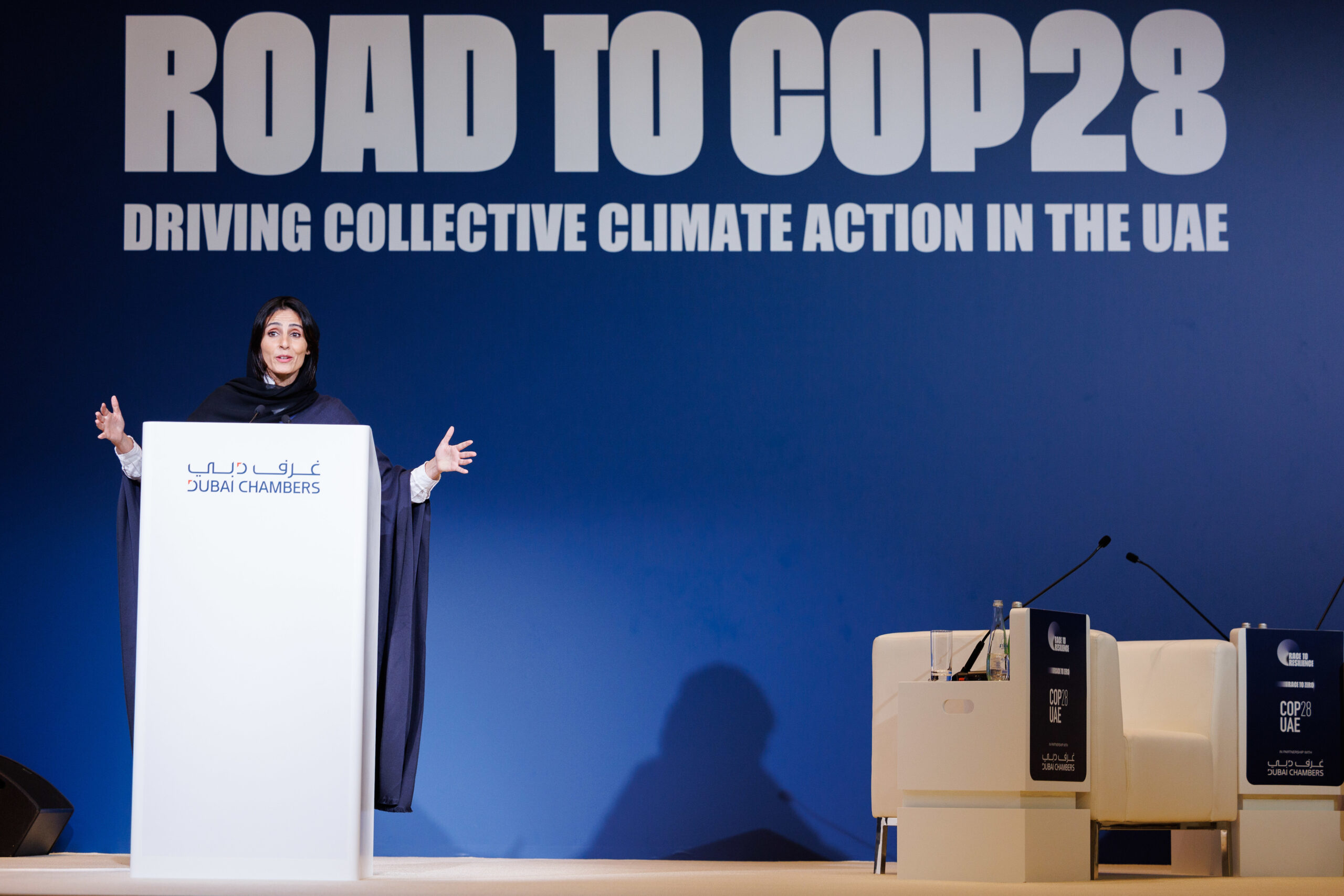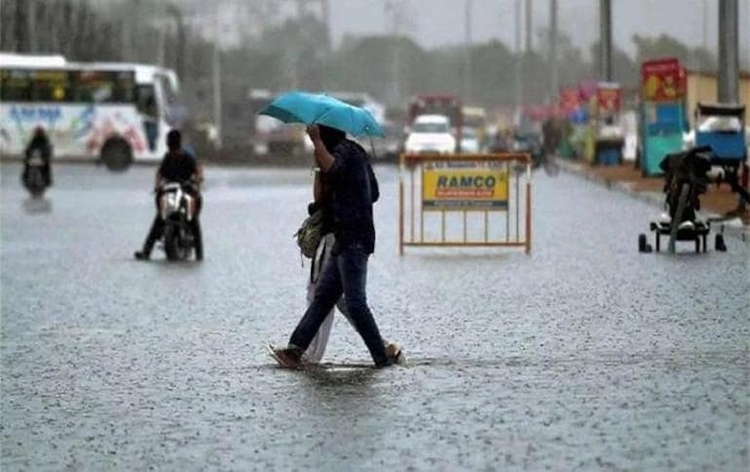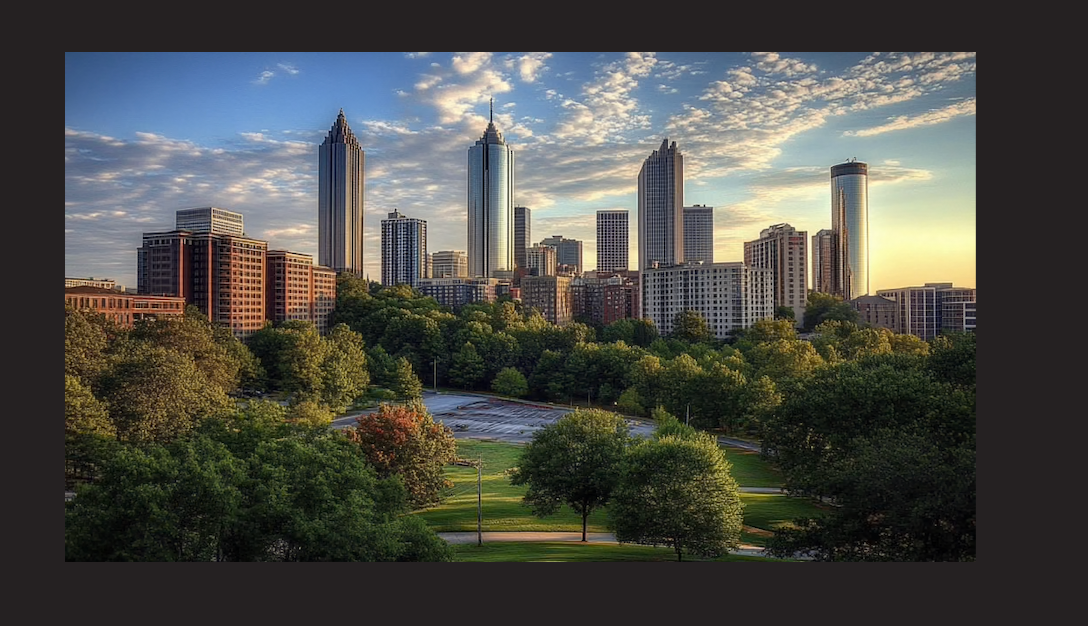Low rainfall zones receiving more rainfall, and vice versa
New Delhi: After rise in average temperatures, climate change is now causing alterations in the rainfall pattern across the country.a special report in The Tribune, Chandigarh, says.
Major shift
- Low rainfall zones like Kutch, Saurashtra and Rajasthan receiving more rainfall
- Once-high-rainfall zones like Assam, Meghalaya, Bihar and Jharkhand are now receiving less rain
- Climate change-induced rise in temperature by 1°C has increased the moisture-holding capacity of the atmosphere by 7 per cent
While areas once devoid of rainfall are now receiving unusually excessive rainfall, wet states are experiencing dry spell. India Meteorological Department (IMD) — after analysing rainfall data over many decades — has confirmed that it is climate change that has altered the rainfall pattern.
The Director General of Meteorology, Dr Mrutyunjay Mohapatra, said, “Due to climate change, the rainfall pattern in the country is changing. We are saying this after analysing the data since 1901.”
He added that low rainfall zones, like Saurashtra, Kutch and Rajasthan, were now receiving more rainfall. “Once-high-rainfall zones like Assam, Meghalaya, Bihar and Jharkhand are now receiving less rainfall. This is because of climate change,” said Dr Mohapatra.
Mohapatra added that it was the increasing moisture-holding capacity of the dry states, over the past few years, that was considered to be the reason for the dry states getting more rainfall.
He added that a climate change-induced rise in temperature by 1°C has increased the moisture-holding capacity of the atmosphere by 7 per cent.
Dr Ravichandran, Secretary, Ministry of Earth Sciences, said, “The Northeast and west regions are like dipoles in terms of rainfall. While the Northeast is a wet area, the west is a dry area. However, the rainfall pattern is now shifting towards the west from the Northeast.
Some shift has already taken place and both regions now are equal (in terms of rainfall). In future, the west may see more rainfall than the Northeast.”
Ravichandran added that Cherrapunji was no longer the wettest area in the country. The monsoon rainfall data suggests that Meghalaya, one of the few states which used to receive the highest rainfall in the country, has been receiving below-normal rainfall since 2001. Rajasthan has been receiving above-normal rainfall since 2001 during the monsoon.
*********************************************************
Readers
These are extraordinary times. All of us have to rely on high-impact, trustworthy journalism. And this is especially true of the Indian Diaspora. Members of the Indian community overseas cannot be fed with inaccurate news.
Pravasi Samwad is a venture that has no shareholders. It is the result of an impassioned initiative of a handful of Indian journalists spread around the world. We have taken the small step forward with the pledge to provide news with accuracy, free from political and commercial influence. Our aim is to keep you, our readers, informed about developments at ‘home’ and across the world that affect you.
Please help us to keep our journalism independent and free.
In these difficult times, to run a news website requires finances. While every contribution, big or small, will makes a difference, we request our readers to put us in touch with advertisers worldwide. It will be a great help.
For more information: pravasisamwad00@gmail.com











